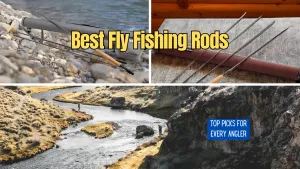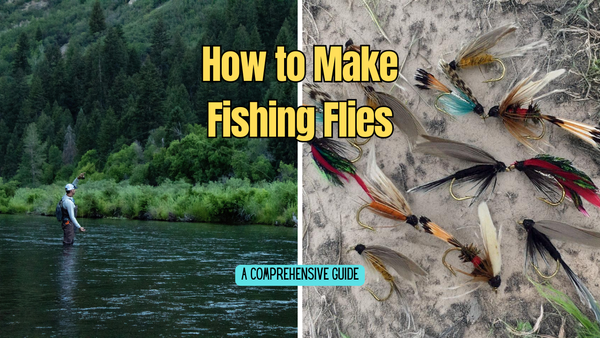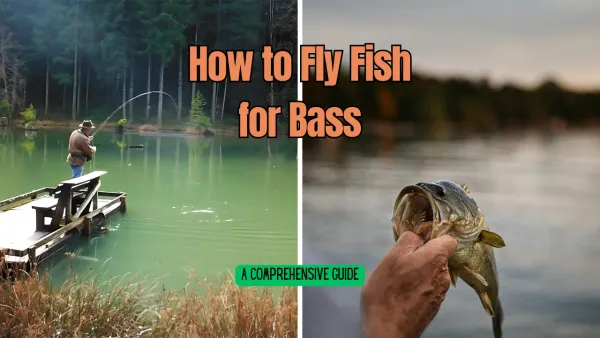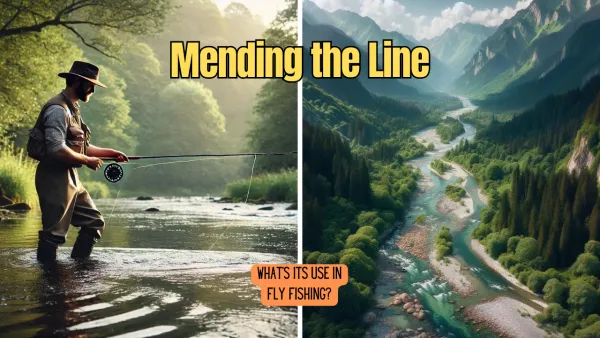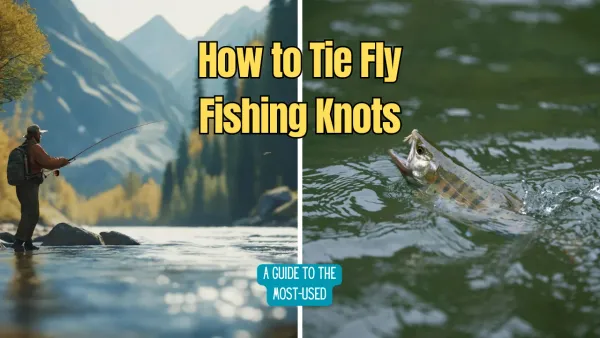When the snow starts to fall, and the mountains call, having the right gear is crucial for the best experience. All-mountain skis are the Swiss Army knife of the ski world, designed to handle a variety of conditions and terrain. Whether you're carving down groomers, navigating through moguls, or exploring off-piste, all-mountain skis are built to perform. In this comprehensive guide, we'll dive into what makes all-mountain skis a versatile choice for skiers of all levels.
Key Takeaways:
- All-mountain skis are designed to perform well in a variety of snow conditions and terrains.
- They are often considered the best skis for those looking for a one-quiver option.
- Features like waist width, camber, and rocker profiles make all-mountain skis forgiving and adaptable.
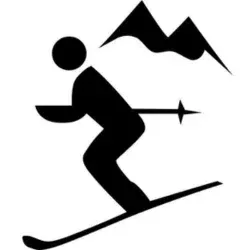
Understanding All-Mountain Skis
All-mountain skis are exactly what their name suggests: skis that are designed to tackle the entire mountain. They are the go-to choice for skiers who want one pair of skis that can do it all. Typically, these skis have a medium width, a balanced flex, and a construction that aims to offer a blend of precision and forgiveness. This makes them suitable for a variety of snow conditions, from hard-packed slopes to fresh powder.
The versatility of all-mountain skis comes from their design. They often feature a waist width that ranges from 85 to 105 millimeters, which provides a stable platform for hard snow while still offering enough float for softer conditions. The sidecut and turn radius of these skis are engineered to allow for both short, quick turns and long, sweeping carves, making them adaptable to different skiing styles and speeds.
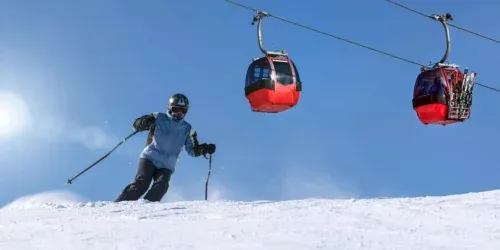
The Best Skis for Versatility
When it comes to choosing the best skis for versatility, all-mountain skis are a top contender. They are built with features that cater to a range of skill levels and preferences. For beginners and intermediates, the forgiving skis aspect of all-mountain models is particularly beneficial. These skis often have a softer flex, which makes them more forgiving when it comes to errors in technique, allowing for a more comfortable learning curve.
For more advanced skiers, all-mountain skis offer the performance needed to push limits. The construction of these skis often includes advanced materials like carbon fiber or titanium, which provide strength and stability without adding excessive weight. This means that even at high speeds or in challenging conditions, these skis maintain their composure, giving the skier confidence to explore all parts of the mountain.
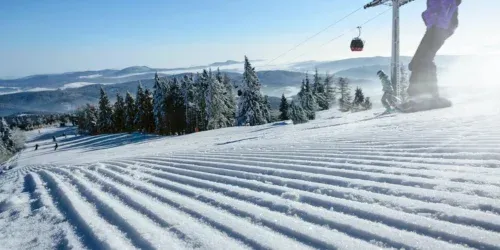
The Anatomy of All-Mountain Skis
The construction of all-mountain skis is a complex affair, with each component playing a crucial role in the ski's overall performance. The core, usually made from wood or a combination of wood and other materials, provides the ski with its basic flex pattern and strength. Laminates and sidewalls add to the durability and edge grip, which are essential for skiing on harder snow.
The camber and rocker profile of all-mountain skis is another critical aspect. Traditional camber underfoot helps with edge hold and stability on groomed runs, while rocker in the tip and tail aids in turn initiation and provides float in powder. This combination allows skiers to transition seamlessly between different types of terrain and snow conditions without changing gear.
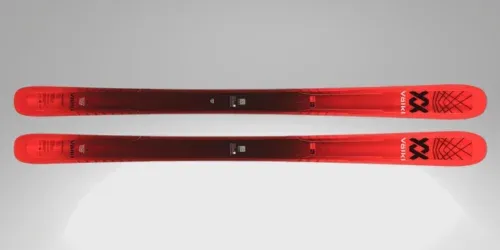
Choosing the Right All-Mountain Skis
Selecting the right all-mountain skis can be a daunting task, given the plethora of options available. However, focusing on a few key factors can simplify the process. Consider your skill level and the type of terrain you prefer to ski on most often. For those who spend a lot of time on groomed runs but want the option to venture off-piste, a ski with a narrower waist and more camber might be ideal. Conversely, if you're drawn to powder and varied terrain, a wider ski with more rocker could be the better choice.
It's also important to think about the length of the skis. Generally, longer skis offer more stability at speed and better float in powder, while shorter skis are more maneuverable and easier to control. A good rule of thumb is to choose skis that stand somewhere between your chin and the top of your head when stood upright on their tails.
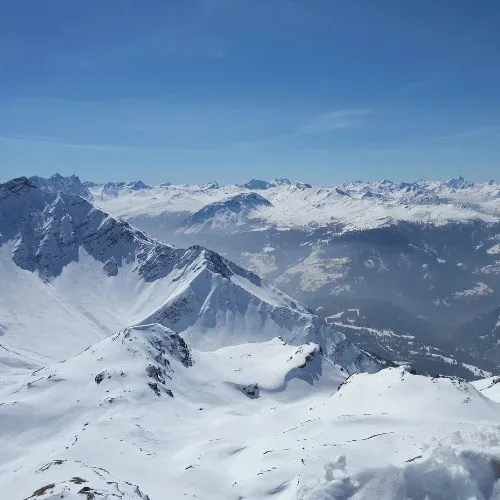
Summary
All-mountain skis are the epitome of versatility on the slopes, offering a balance of performance features that cater to a wide range of conditions and preferences. With a design that includes a moderate waist width, a mix of camber and rocker, and a construction that balances flexibility with stability, all-mountain skis stand out as the best skis for those seeking a one-size-fits-all solution. Whether you're a beginner looking for forgiving skis or an expert chasing the thrill of the entire mountain, all-mountain skis are a worthy investment for any skier.
FAQs
Are all-mountain skis good for beginners?
Yes, all-mountain skis are a great option for beginners due to their forgiving nature and versatility. They allow new skiers to learn and progress on various terrains without the need for specialized equipment.
Can all-mountain skis be used for powder skiing?
While all-mountain skis are not as specialized as dedicated powder skis, many models offer enough width and rocker to provide a good level of float in powder. They are a solid choice for skiers who encounter powder occasionally but don't ski it exclusively.
How do I know what size all-mountain skis to get?
The size of your all-mountain skis should be based on your height, weight, skill level, and skiing style. As a general guideline, skis that reach somewhere between your chin and the top of your head are a good starting point. It's always best to consult with a ski professional for personalized advice.


